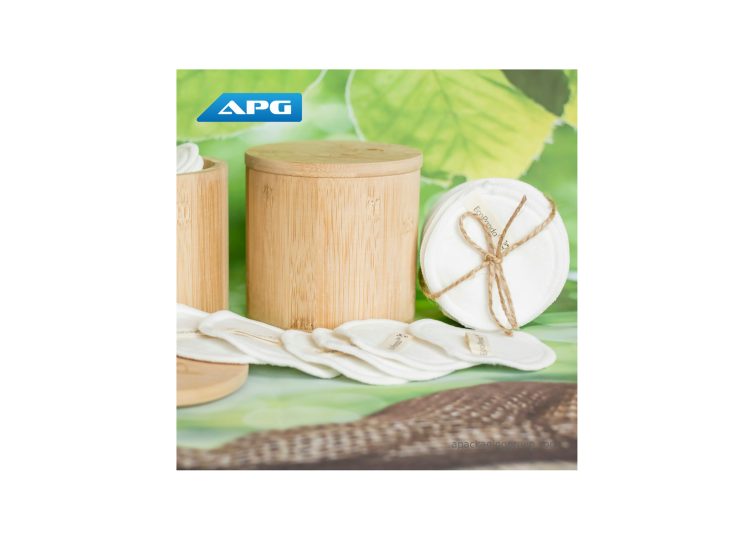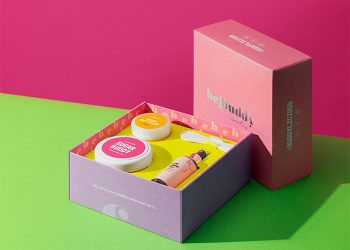In today’s eco-conscious market, the shift towards sustainable packaging isn’t merely a passing trend but rather a profound transformation in the packaging industry. This evolution mirrors the growing consciousness among consumers and manufacturers alike regarding the environmental repercussions of packaging materials, including plastic packaging waste. Consequently, businesses are increasingly prioritizing solutions that not only meet their packaging requirements but also align with their sustainability objectives, such as sustainable packaging materials and compostable packaging. Consumer expectations and demands for eco-friendly packaging are driving companies to adopt more sustainable practices, reducing packaging waste and utilizing recyclable materials. Moreover, the business case for sustainability is becoming increasingly apparent as companies recognize that producing highly effective packaging while minimizing environmental impact can not only meet consumer demand but also reduce costs and lower carbon emissions.
Examples of the most sustainable packaging materials and practices include using recycled materials, exploring alternatives to single-use plastics, and incorporating compostable materials into packaging designs. Retailers, as key players in the packaging supply chain, have the opportunity to encourage the use of eco-friendly practices among suppliers and consumers alike, promoting the adoption of packaging solutions with longer shelf life and lower environmental footprint. By creating packaging sustainability strategies and investing in materials like cardboard, glass, metal, and biodegradable alternatives, companies can demonstrate their commitment to environmental stewardship while meeting the needs of a growing market focused on sustainable packaging.
Sustainable packaging materials in the cosmetic industry encompass a comprehensive approach aimed at minimizing environmental impact and carbon footprint throughout the packaging lifecycle. This includes prioritizing the use of sustainable packaging materials and exploring alternatives such as compostable packaging and recycled packaging. Additionally, incorporating raw materials that are eco-friendly and recyclable further contributes to reducing plastic pollution and waste generation. With the rise of online shopping and shipping products, the need for sustainable packaging solutions becomes even more critical to mitigate the environmental impact of compostable materials. Companies in the cosmetic industry are increasingly embracing eco-friendly packaging practices to address consumer demand for sustainability while minimizing higher carbon emissions associated with single-use packaging. Examples of sustainable packaging material include cardboard, glass, metal, and biodegradable alternatives, which offer innovative ideas to create packaging that minimizes pollution and environmental harm.
Private label cosmetics play a pivotal role in spearheading sustainability efforts within the industry. By opting for eco-friendly packaging material solutions, private label brands can differentiate themselves in the market while appealing to environmentally conscious consumers. The adoption of sustainable materials not only underscores a company’s dedication to the planet but also resonates with customers seeking responsible choices.
Compostable packaging and other sustainable options offer tangible examples of how businesses can create packaging that minimizes impact and promotes a greener environment. By embracing compostable packaging, businesses can contribute to waste reduction efforts and promote a circular economy. Additionally, other materials such as glass and recycled plastics provide further opportunities to reduce waste and minimize environmental harm. In summary, private label cosmetics companies have the power to create positive change by prioritizing sustainable packaging materials and practices, ultimately benefiting both the environment and their brand image.
At the forefront of sustainable packaging innovations lies the cosmetic industry, with ongoing advancements in material and designs aimed at replacing traditional plastic packaging with recycled one. These innovations include biodegradable plastics, plant-based material, and refillable containers, all geared towards minimizing the impact on environment of cosmetic products. Through such initiatives, a company can significantly reduce their carbon footprint without compromising on packaging quality or aesthetics.
The commitment to sustainability extends beyond traditional cosmetics to skincare products, for example, where eco-friendly packaging options ensure product protection, longevity, and environmental responsibility. This dedication to sustainability is essential for brands aiming to carve a niche in the competitive skincare market. Embracing compostable packaging and other sustainable materials offers an example of how a company can prioritize environmental responsibility throughout the product lifecycle, including disposal.
The benefits of sustainable packaging are multifaceted, offering advantages to businesses ranging from reduced footprint and enhanced brand image to compliance with regulatory standards and fostering innovation in packaging design and material. Furthermore, sustainable packaging contributes to the establishment of a circular economy and aids in waste reduction, aligning with global environmental goals. Recyclable packaging adds another layer to these benefits by providing a solution that allows materials to be reused and repurposed, further reducing the impact of packaging.
APG Packaging stands at the forefront of this sustainable packaging revolution, equipped with an annual production capacity exceeding 600 million pieces and a low minimum order quantity (MOQ) of 10,000 pieces. Our facilities are adept at meeting the burgeoning demand for sustainable packaging solutions in both private label cosmetics and contract plastic manufacturing. This capacity ensures that brands of all sizes can access top-tier sustainable packaging options, facilitating the transition to eco-friendly alternatives seamlessly. Additionally, our commitment to sustainability extends to using recycled materials whenever possible, further reducing our environmental footprint.














